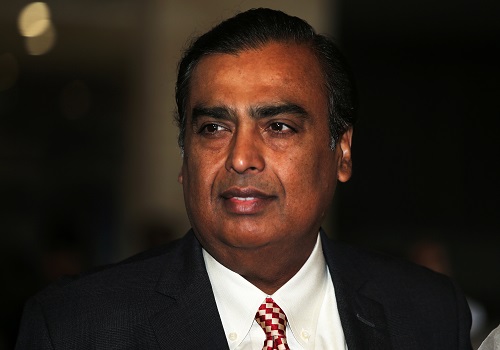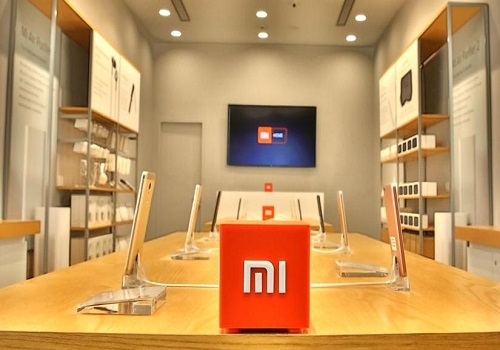Indian corporations loan demand tepid despite buoyant economy -Kotak Mahindra Bank

Follow us Now on Telegram ! Get daily 10 - 12 important updates on Business, Finance and Investment. Join our Telegram Channel
Kotak Mahindra Bank Ltd, India's fourth-largest private lender, sees tepid demand for corporate credit even though conditions to lend to companies have improved, a top company executive told Reuters in an interview.
The credit environment has never looked better, KVS Manian, president for corporate, institutional and investment banking at Kotak Mahindra Bank said on Wednesday. But demand from corporate borrowers is still not very strong, he said.
Indian corporations have deleveraged their balance sheets significantly over the past few years by raising equity and refinancing high-cost debt. This has opened opportunities for banks, which have seen growth coming mostly from retail lending in recent years.
Bank credit rose 19% year-over-year during the fortnight ending Oct. 20, according to Reserve Bank of India data.
Sector-wise data available until September shows that credit to industries rose 12.6% year-on-year, with small- and mid-sized corporates recording stronger growth.
"We are seeing opportunities in sectors like cement, steel, renewable energy, roads, and chemicals. In these five sectors, there is some capacity creation and therefore credit demand," said Manian.
"We are yet to see secular increase in demand for credit across sectors."
Lending to small-and-medium-sized businesses, though, has risen, aided by the government's emergency credit guarantee scheme launched during the COVID-19 crisis, which helped stabilize the sector.
Kotak Mahindra Bank loaned 140 billion rupees ($1.69 billion) under this scheme, with low defaults.
MISPRICING RISK
Banks in India are required to lend a certain percentage of their overall advances to priority sectors such as agriculture and small businesses.
But, Manian warned that corporate loans could be mispriced as a large number of banks chase few opportunities.
"We feel the market is not pricing the credit risk and also the cost of priority sector lending appropriately into the pricing for corporate advances."
This, he explained, has meant that even a smaller company, which may be riskier to lend to, is able to borrow at costs close to those associated with relatively higher-rated corporates.
To avoid this, Kotak has expanded its corporate credit book by investing in "credit substitutes" such as commercial paper, bonds and non-convertible debentures issued by companies. It has invested 273 billion rupees in such instruments.
"While there is a mark-to-market risk in credit substitutes, we look through any MTM losses since we tend to hold most securities till maturity."
DEPOSITS BATTLE
Like most other lenders, Kotak is also focused on pushing up deposits, which are growing at a slower pace than credit.
"Deposits will be back in fashion as banks raise deposit rates, particularly on term deposits," said Manian.
"This will mean that cost of funds will go up and the ratio of low-cost deposits (current and savings accounts) will look weaker because more money will come in term deposits."
Manian, though, does not necessarily see this impacting the bank's lending margins as a larger share of assets is repricing compared to liabilities. ($1 = 82.7310 Indian rupees)












 320-x-100_uti_gold.jpg" alt="Advertisement">
320-x-100_uti_gold.jpg" alt="Advertisement">








